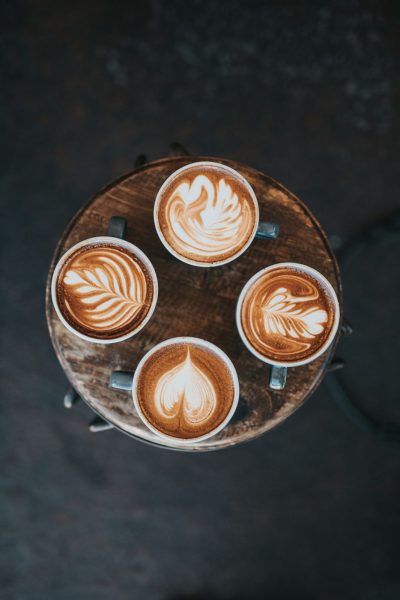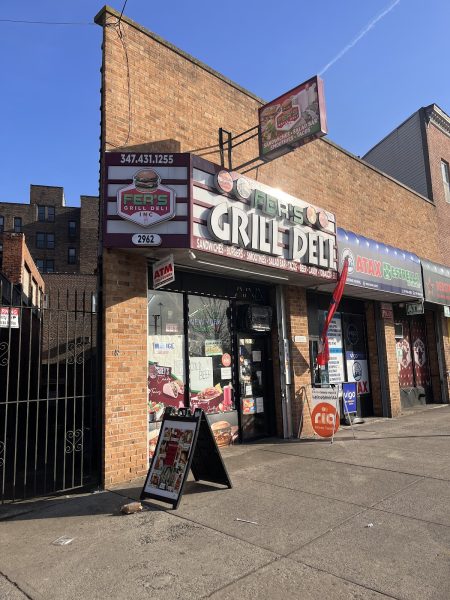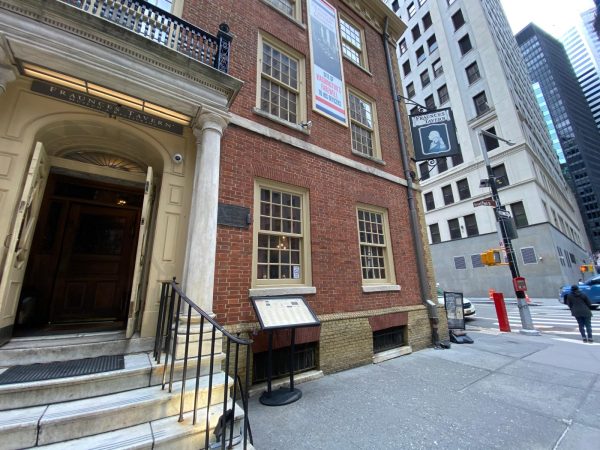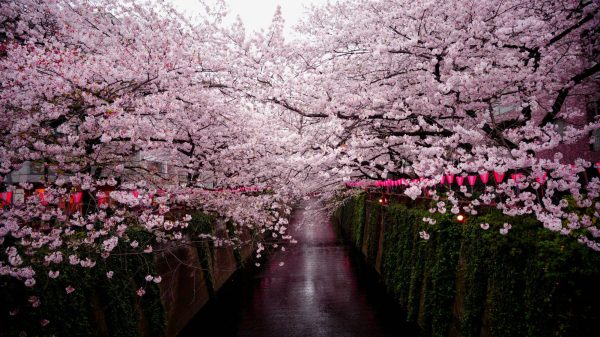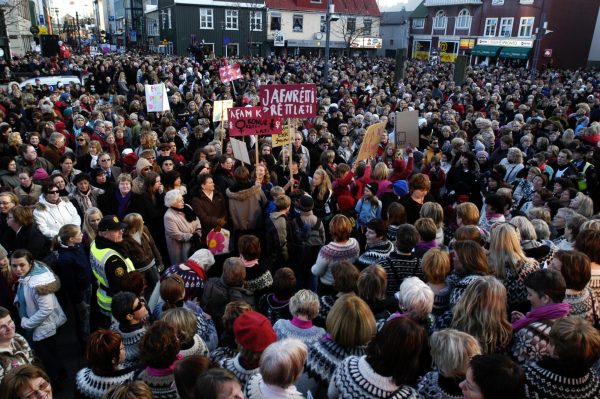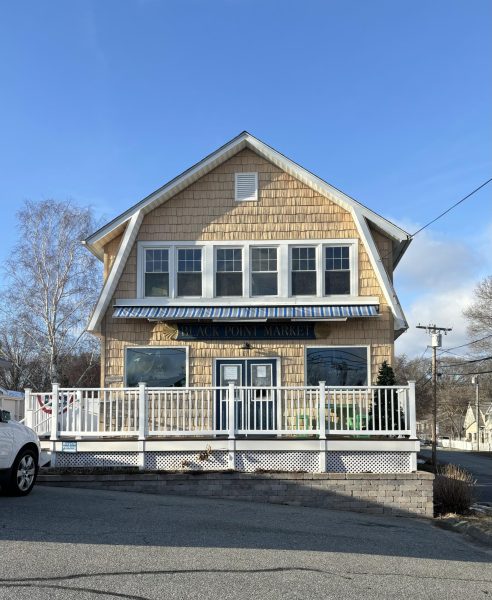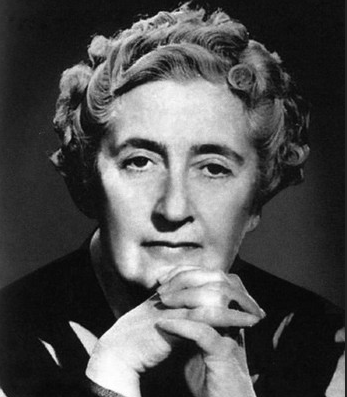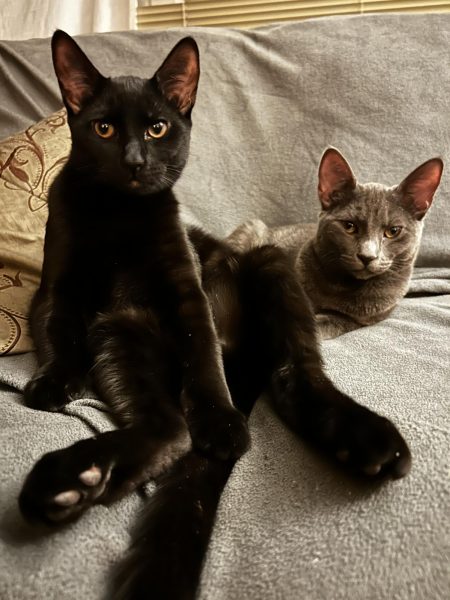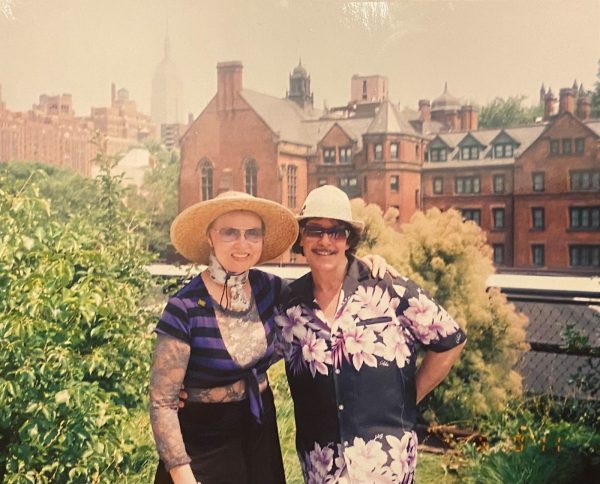The Cultural Diversity of Jackson Heights, Queens
Jackson Heights’ residents and local businesses, shops, supermarkets, and food carts are what makes Jackson Heights so special.
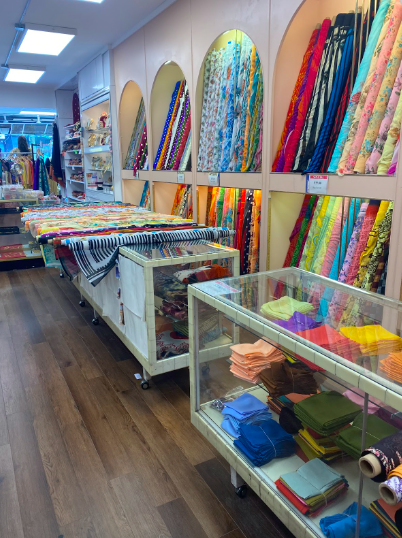
The ample amount of traditional clothing stores in Jackson Heights, Queens, is a staple for many tourists.
Jackson Heights, home to Little India and Bangladesh Street, is a vibrant neighborhood located in the northwest portion of Queens. It is home to a large and thriving immigrant community, with residents coming from a variety of countries worldwide. Jackson Heights is known for its vibrant street life, delicious food, and lively culture, making it a popular destination for tourists and locals alike.
Jackson Heights is neighbored by Astoria (Ditmars and Steinway), Corona, Woodside, and Elmhurst, which all contain large immigrant communities as well. It is well known for its growing Nepali and Tibetan culture in this area. It contains a large and diverse immigrant community. There is also a heavy presence of Latin American culture.
You can travel to Jackson Heights via the 7, M, R, E, and F trains which provide easy access to other parts of Queens, Manhattan and Brooklyn. The 7 train, which goes along Roosevelt Ave, provides riders an opportunity to submerge themselves into many different cultures, hence its nickname, the “International Express” line of the MTA. Many buses such as the Q32, Q33, Q47, Q70 stop in this neighborhood as well. These buses provide an easier commute into Jackson Heights for riders traveling from Laguardia Airport and the Long Island Railroad. The accessibility of this area helps attract many tourists.
Jackson Heights was originally developed as a planned community in the early 20th century. The neighborhood was designed to be a “garden city,” with spacious green parks and wide, tree-lined streets. The area quickly became a popular destination for middle-class families.
In the 1960s and 70s, Jackson Heights saw an influx of immigrants, particularly from Latin America and South Asia. These new residents brought with them their own unique cultures, languages, and traditions. This transformed the neighborhood into the vibrant and diverse community it is today. This heavily influences the culture and importance of remittances in the area.
One of the most powerful areas of Jackson Heights is Diversity Plaza. Diversity Plaza is a great area for locals to relax and spend time as there are many affordable places to eat. You can buy Halal food and momo dumplings from one of the many colorful food trucks lined up along the streets which are an essential part of the Jackson Heights culture.
“The street food carts never fail to remind me of Bangladesh,” said Umme Anushka ’24.
Jackson Heights is also known for its strong sense of community. Residents are proud of their neighborhood and work together to maintain its unique character and charm through many local events.
Jackson Heights’ diversity and inclusion have greatly benefitted children. They have the opportunity to play with kids with families from all over the world. This gives them an opportunity to discover the cultural differences around the world.
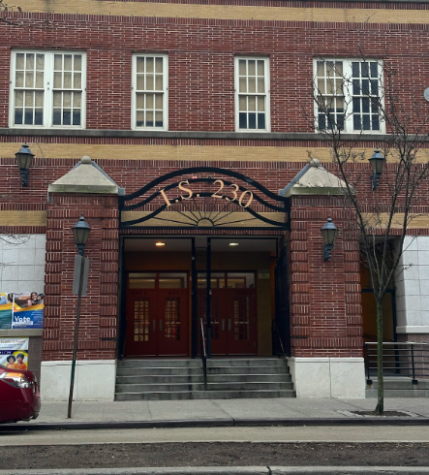
(Saziea Biva)
The neighborhood also has a strong tradition of activism and social justice. In the 1980s, Jackson Heights was a center of the LGBTQ rights movement, and today it is home to many organizations that support immigrant rights. The biggest concentration of LGBTQ bars in New York City is present in this area. Jackson Heights hosts the city’s second-largest pride parade.
There are also many organizations that strive to better the community. The Jackson Heights Beautification Group is a community organization dedicated to improving the neighborhood’s public spaces. They plant flowers and trees, clean up parks and sidewalks, and organize community events to bring residents together.
Visitors to Jackson Heights will find a plethora of unique shops, restaurants, and street vendors selling goods and foods from all over the world. One of the highlights of Jackson Heights is its food scene. From street vendors selling delicious tacos to restaurants serving authentic Indian and Bangladeshi cuisine, the neighborhood offers a variety of culinary experiences.
Walking along 37th Avenue, you can find many diverse shops and businesses. There are many Desi clothes shops, appliance stores, and Fuska carts lining the streets. Desi refers to people who come from India, Pakistan, and Bangladesh This gives a sense of community and gives many residents feelings and nostalgia of their home country. One very successful Desi business is Patel Brothers, an Indian supermarket where one can find groceries and snacks. A slogan outside the grocery store reads, “Celebrating our Food… Our Culture,” emphasizing the importance of food in Indian culture. Celebrating culture is extremely important in Jackson Heights as it is very diverse.
Jackson Heights is filled with many mom-and-pop shops, like Espresso 77. Espresso 77 was opened by Afzal Hossain, a resident and Bangladeshi immigrant in 2007. This unique cafe sells grilled cheese, paninis, and different types of wraps. You can find many ethnic dishes, such as dosas, in other family-owned restaurants.
Jackson Heights is also home to the Buffet at Indian Taj. You can find many piling their plates with saag paneer, goat curry, and chicken chili. They also have traditional Naan, Samosas, and Shingaras served at various restaurants. Traditional sweets such as Rasogollah and Rasmalai can be found in stores along 37th Ave.
Jackson Heights is also home to a thriving arts scene, with several galleries and theaters showcasing the work of local artists and performers. The Queens World Film Festival, which features independent films from around the world, is held in Jackson Heights every year. You can find many traditional desi movies and films for sale here as well. In the 60s and 70s, there was a movie theater called The Earle which showed provocative films, but it was turned into a Bollywood theater in the 80s. The owners did not want to make a new sign. As a result, they turned it into a sign that reads ‘The Eagle.’ Jackson Heights is a unique and vibrant neighborhood that reflects the diversity and energy of New York City. Its rich culture, a strong sense of community, and affordable housing options make it a popular destination for those looking to live in the city.
“The street food carts never fail to remind me of Bangladesh,” said Umme Anushka ’24.
Saziea Biva is an Arts & Entertainment Editor for 'The Science Survey.' In her free time, Saziea enjoys watching T.V. shows and reading. One of her...

